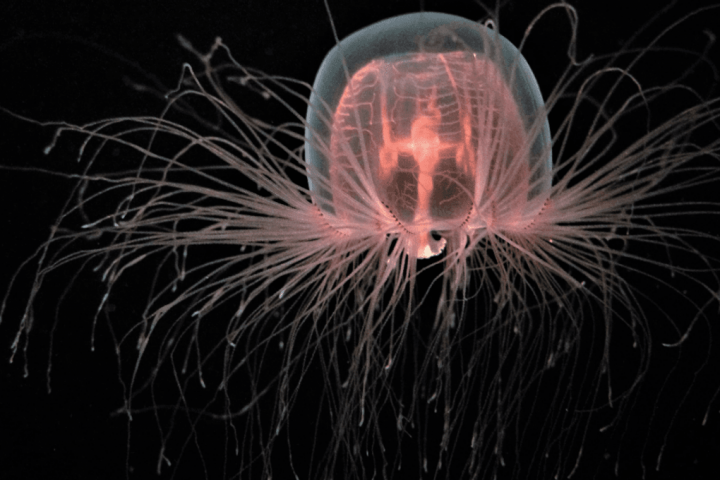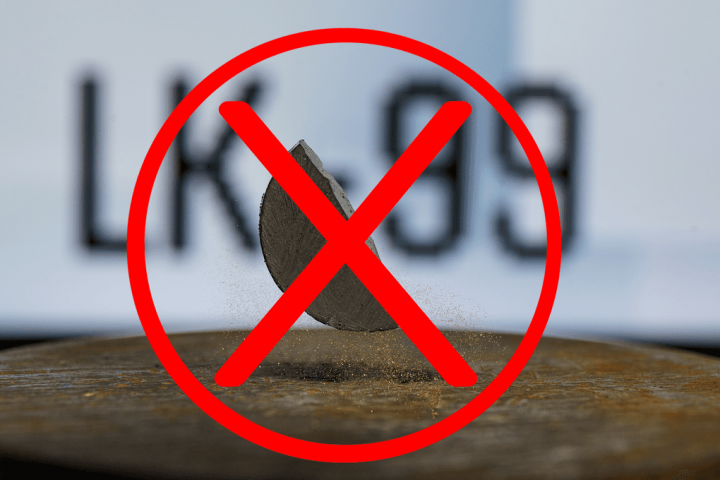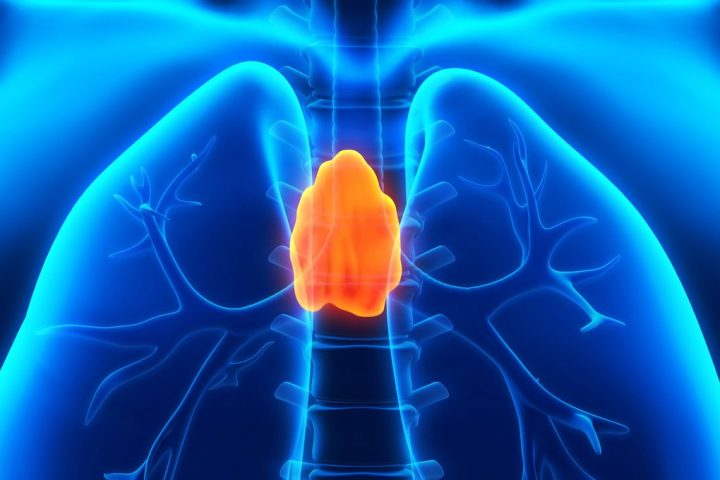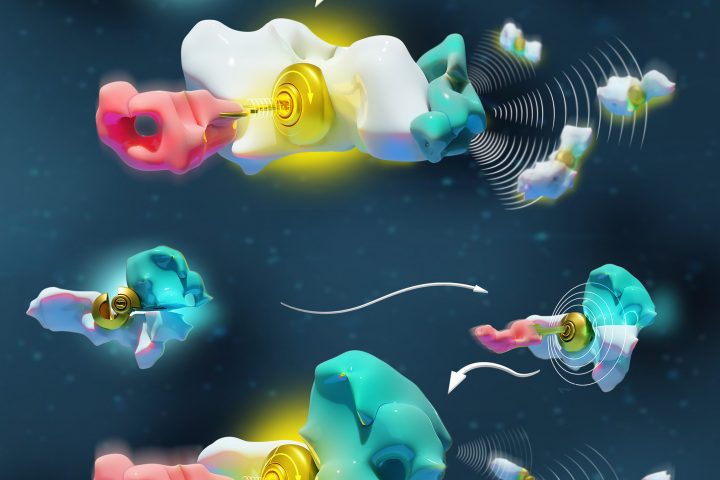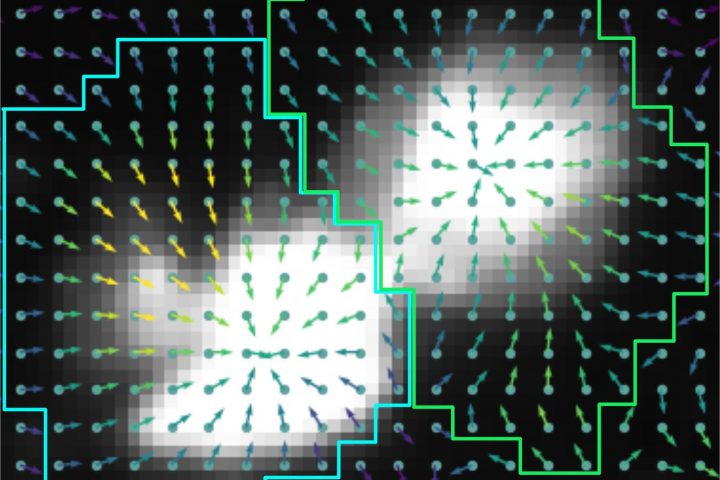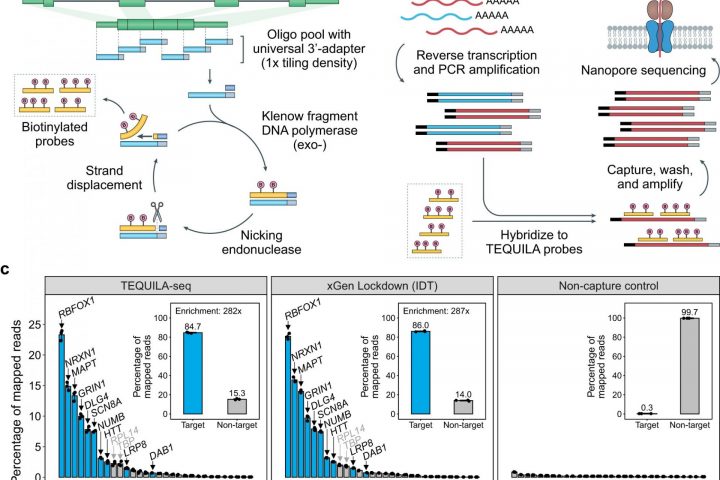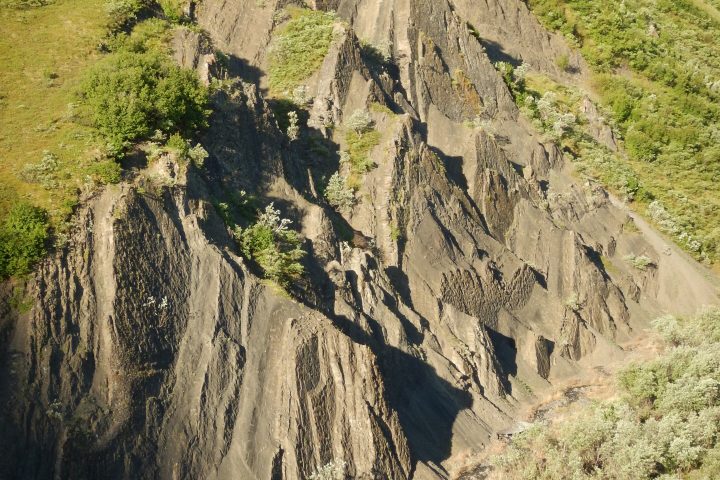Since the pandemic, people have been reporting impaired cognitive ability months after being infected with COVID-19. These claims have been made by
The ocean quahog is a pretty unremarkable-looking clam, reaching around 5 centimeters (2 inches) in size, and yet it can take them
William E Rees, Professor Emeritus at the University of British Columbia, is the author of over 150 peer-reviewed papers on growth and
Unfortunately, the evidence has failed to materialize. Labs have reproduced the material following the original paper's instructions and, in newly uploaded papers,
It’s thought that between 2 and 4 percent of people have aphantasia, which refers to an inability to generate mental pictures. Describing
Once considered a kind of “graveyard” for dying cells and deemed “an evolutionary accident of no very great significance” by Nobel Laureate Sir
Two molecular languages at the origin of life have been successfully recreated and mathematically validated, thanks to pioneering work by Canadian scientists
Researchers in Carnegie Mellon University's School of Computer Science have developed a method that uses artificial intelligence to augment how cells are
In a development that could accelerate the discovery of new diagnostics and treatments, researchers at Children's Hospital of Philadelphia (CHOP) have developed
University of Alaska Fairbanks scientists have discovered and documented the largest known single dinosaur track site in Alaska. The site, located in

